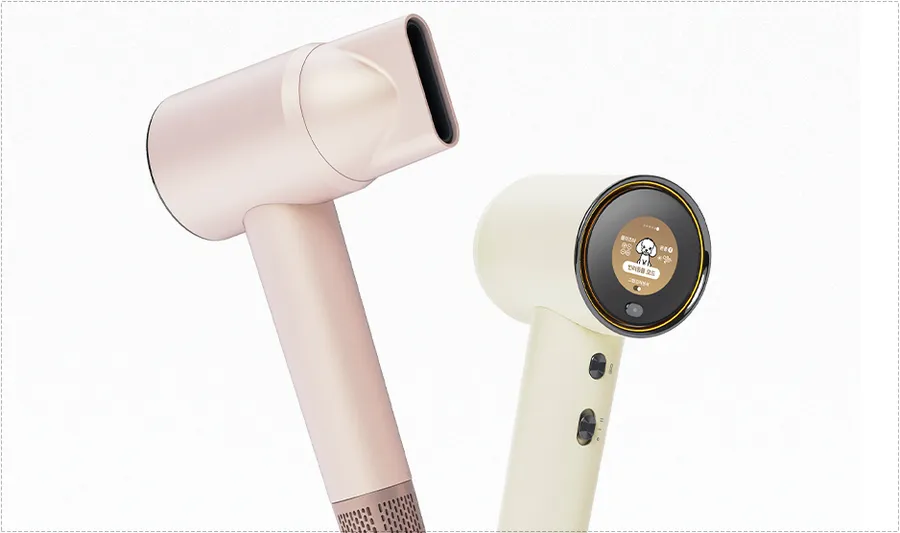Many people are concerned about the cost of visiting the dentist, so they check out the dental benefits provided by health insurance. Let’s take a look at what benefits you can receive, from basic scaling to cavity treatment and prosthetic treatment.
Teeth require constant care, and it is important to visit the dentist promptly if problems arise. Basically, regular dental scaling is necessary to maintain dental health.
Since the number of times health insurance benefits are available is limited, it is important to check the number of times each dental item is applicable in advance and use it. Then, let’s look at the dental benefits that can be received through health insurance. – Visit the National Health Insurance website
Table of Contents
Health Insurance Coverage Items
There are dentures, denture maintenance, implants, tartar removal, and correction and treatment of patients with congenital maxillofacial deformities. The treatment types are as follows.
- Treatment: Cavity treatment, root canal treatment, etc.
- Preventive treatment: scaling, fluoride application, etc.
- Prosthodontics: crowns, bridges, etc.
- Orthodontic treatment: Treatment related to orthodontics
In some cases, you may be eligible for coverage for implants or dentures. However, not all treatments are covered by health insurance, so it is important to check in advance whether your insurance covers them.
Now, let’s take a look at the detailed information on the insurance coverage items.
denture

Dentures are artificial teeth that can replace damaged or missing teeth. They are mainly used by the elderly or those who have lost their teeth due to accidents. Those eligible for insurance are health insurance subscribers or dependents who are 65 years of age or older.
- Complete dentures: patients with complete edentulism of the upper (lower) jaw (resin-based complete dentures, metal-based complete dentures)
- Partial dentures: Partially edentulous patients of the upper (lower) jaw (clasp partial dentures)
- Out-of-pocket expenses:30% of total nursing care expenses
- Number of applications: Once every 7 years for each upper and lower jaw
Complete dentures are called full dentures, complete dentures, or complete dentures, and are prosthetics that restore teeth and resorbed gums when there are no teeth at all. On the other hand, partial dentures are called partial dentures or partial dentures, and are prosthetics used when there are some teeth remaining.
Denture Maintenance
Denture maintenance benefits include some repair or adjustment services for parts that are worn or damaged during use. If health insurance applies, the out-of-pocket cost is 30% of the cost of denture fabrication and maintenance.
Dentures can be remade after a certain period of time. For complete dentures, support is available once every 7 years, and for partial dentures, support is available once every 5 years.
Tartar removal (scaling)

Tartar can cause gingivitis and periodontal disease, so it should be removed regularly. By removing tartar, which is difficult to remove with a toothbrush, you can prevent gum inflammation and suppress the growth of bacteria.
Since tartar is one of the main causes of bad breath, removing it can reduce bad breath. Removing yellow or brown tartar that has built up on your teeth can help keep your teeth brighter and healthier.
Those eligible for dental scaling insurance are 19 years of age or older.Patients who are covered by health insurance or are dependents of the company and who have completed treatment with only full-mouth scaling without any subsequent periodontal disease treatment.
The deductible amount is determined based on the statutory deductible rate, and is applied once a year (from January 1 to December 31 each year).
Dental Implants

Implants are a permanent dental treatment that uses a technique to place artificial teeth in the area where teeth are missing, and they function and look like natural teeth. Because they are quite expensive, it is important to check if your insurance covers them.
- Target: Health insurance subscribers aged 65 or older and their dependents
- Benefit Eligibility: Partially edentulous patients (excluding completely edentulous patients)
- Out-of-pocket expenses: 30% of total nursing care expenses
- Number of applications: 2 per person per lifetime
Patients with congenital maxillofacial deformities
This refers to patients in whom the bones, soft tissues, and muscles of the face and jaw (maxilla) have not developed normally, and includes cleft lip, cleft palate, hemifacial microsporia, jaw deformity, and facial asymmetry.
- Benefit recipients: Patients with cleft palate, cleft lip and alveolar cleft, cleft palate with cleft lip, clavicle dysostosis, craniofacial dysostosis, Crouzon’s disease, and acupuncture synostosis
- Deductible: Statutory deductible rate (if a person registered for special calculation for rare diseases receives treatment within the special calculation period, a deductible rate of 10% is applied)
- Number of applications: Number of applications varies depending on the disease
Things to keep in mind when receiving dental benefits
Before receiving dental treatment, it is very important to check in advance whether health insurance applies to it to save costs. After treatment is completed, you should keep the receipt so that you can use it as supporting documentation when filing a health insurance claim later.
Because teeth require continuous care, it is important to have regular dental checkups and scaling as a preventive measure.
▶ Why Your Feet Itchy and How to Relieve the Symptoms
▶ How to remove dead skin cells from your face and what causes them?
▶ Aloe Benefits Theorem: Why It’s Excellent for Skin Care and Immunity Improvement



